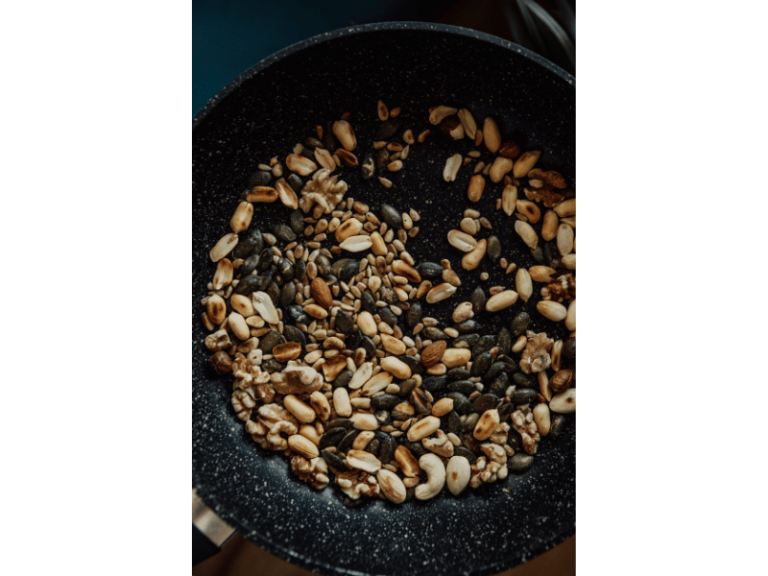Nowadays, no one would cook seeds before planting them because everyone knows that cooked seeds will not germinate.
But why is it that seeds won’t germinate after being cooked? This isn’t commonly known by everyone.
Generally, seeds can be divided into three main parts: the seed coat that encases them, the endosperm which stores nutrients, and the embryo which germinates.
Many plant seeds undergo a dormancy stage after maturing, where growth completely stops, similar to how frogs hibernate underground in winter. In spring, when the seeds encounter sufficient water, appropriate temperatures, and ample air, they slowly awaken. The first thing they do upon waking is absorb water, causing the seed coat to soften and the entire seed to swell. Then, with the help of enzymes, the nutrients stored in the endosperm are supplied to the embryo, which begins vigorous respiration. Finally, the embryo’s root and shoot break through the seed coat, elongating and causing the seed to germinate.
From the process of seed germination, it’s clear that two conditions must be met for a seed to germinate: respiration by the embryo and enzyme activity. However, seeds that have been cooked no longer meet these conditions. Due to the high temperature, the proteins in the seed have coagulated, causing the embryo to die. As a result, it can no longer respire or absorb water and nutrients. Additionally, the enzymes responsible for producing nutrients are completely destroyed. Therefore, cooked seeds have lost their vitality and cannot germinate.
Similarly, if you were to cook an egg in a pot, it would no longer develop into a chick.

